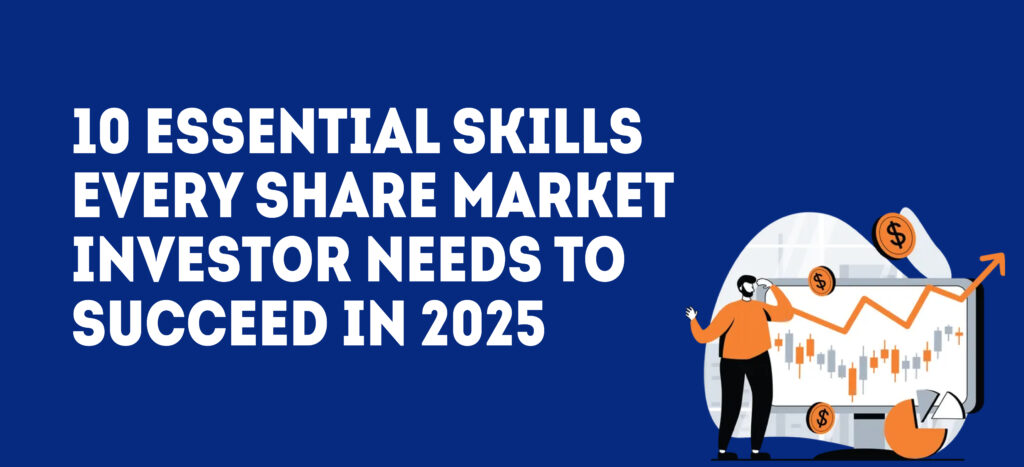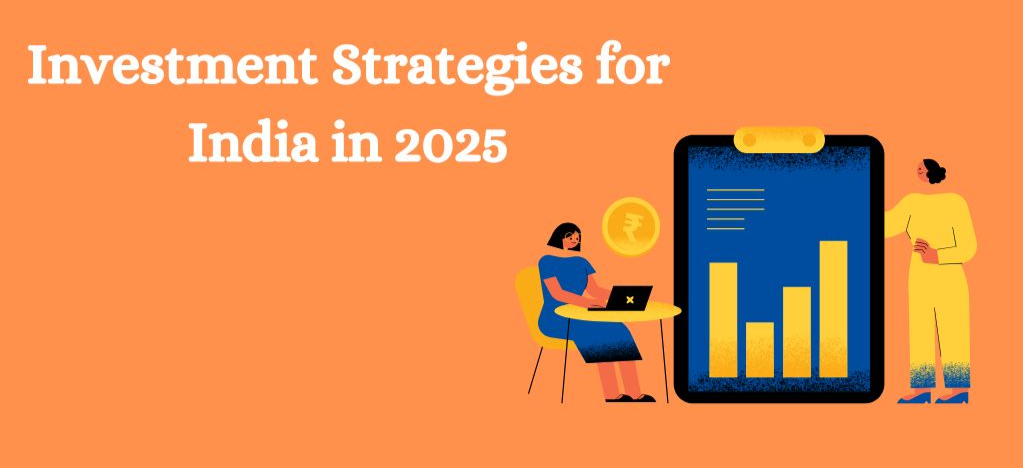An investment is an asset purchased with the intent of generating income or increasing in value over time. An investment involves expending resources today—like time, effort, money, or assets—in anticipation of a larger future payoff. When an individual buys an asset as an investment, they do not intend to consume or use that good but rather hold it so that it appreciates and creates wealth in the future. An asset is a thing that has a value which can appreciate over time. An asset can be bought and sold among buyers and sellers.
Though investments may offer the potential for appreciation, they do not come with guarantees. It is possible to lose money or end up with less than originally invested.
Some of the Best Investment Options in India:
- Fixed Deposits
- Mutual Funds
- Direct Equity
- Bonds and Debentures
What Are Mutual Funds?
A mutual fund is an investment company that collects money from many investors and that pooled money is invested in a portfolio of securities like stocks, bonds, and commodities. Investors purchase individual units of a mutual fund, with each unit representing partial ownership in the fund and its earnings.
Why Mutual Funds?
- Mutual funds are popular investments due to their ease of use, flexibility, and diversification benefits.
- Asset management companies hire fund managers who do all the research for you. They select the securities and also monitor the performance. They have access to a large number of reports and can also meet the management of those companies since their investment amounts are huge.
- To avoid risking all your money in one place, mutual funds invest in a diverse range of companies and industries. This diversification helps to minimize your losses if any single company fails.
- Most mutual funds require a relatively minimum initial investment and minimum amount for subsequent purchases.
- Investors in mutual funds can add or withdraw their money at any time whenever they need.
- The greatest advantage of mutual funds is that they provide investment opportunities suitable for all types of investors.
Types of Mutual Funds
1. Equity Funds
Equity funds invest in company shares, so their returns depend on stock market performance. While these funds can provide high returns, they also carry high risk. Equity funds come in categories like large-cap, mid-cap, small-cap, focused, and ELSS funds, differentiated by specific features. Consider equity funds if your investment timeline is long-term and you have a high-risk tolerance.
2. Debt Funds
Debt funds invest in fixed-income securities like corporate bonds, government securities, and treasury bills to provide stability and regular income with relatively low risk. These funds can be further categorized by duration, including low-duration, liquid, overnight, credit risk, and gilt funds.
3. Hybrid Funds
Hybrid funds invest in both debt and equity instruments to balance out debt and equity exposure. The ratio of debt to equity can be fixed or vary depending on the fund. Hybrid funds broadly include balanced funds and aggressive funds. There are also multi-asset allocation funds that invest across at least 3 asset classes.
4. Growth Funds
Growth funds invest primarily in high-performing stocks with the goal of capital appreciation. These funds can be an attractive long-term option for investors seeking high returns over many years.
5. Tax-saving Funds (ELSS)
Equity-linked saving schemes are mutual funds that invest primarily in company stocks, while also allowing investors to qualify for tax deductions under Section 80C of the Income Tax Act, provided the funds are held for at least three years.
6. Liquidity-Based Funds
Some funds can be categorized by the liquidity of their investments. Ultra-short-term and liquid funds work well for short-term goals, as they can be readily accessed. In contrast, retirement funds have longer lock-in periods, making them suited for long-term objectives.
7. Capital Protection Funds
These funds invest partially in fixed-income instruments and partially in equities. This asset allocation can provide capital protection with minimal losses, but returns are still taxable.
8. Pension Funds or Monthly Income Funds
Pension funds invest intending to generate consistent returns over the long term. They tend to be hybrid funds that offer modest initial returns but have the potential to deliver steady gains over time.
Must Read – Role of Share Market in Shaping Successful Traders
How to Invest in Mutual Funds?
As a beginner in mutual fund investing, it is important to understand the process and steps involved. Let’s examine each of these steps in more detail.
1. Know your Investment Goals
The very first step is to know and understand what are your long-term and short-term financial objectives to make a proper decision. You might be saving for child education, house purchase, or any other major expense that you need to plan out and accordingly select the mutual fund.
A variety of mutual funds are available in the market that suit particular needs and objectives along with time period consideration. For example, “lifecycle funds” are more helpful for those planning retirement.
2. Evaluate Your Risk Tolerance
The very first step is to know and understand what are your long-term and short-term financial objectives to make a proper decision. You might be saving for child education, house purchase, or any other major expense that you need to plan out and accordingly select the mutual fund.
3. Selecting a Mutual Fund that Meets Your Needs
Compare and contrast different mutual fund options available to you, and decide the one that justifies all your investment objectives efficiently. Check the past performance, management fees, star ratings, risk-return- trade-offs, and many other important factors.Finally, select the one that is most suitable based on your objectives, period risk, risk-bearing capacity, and potential returns.
Final Words
But in the end, it is best to get the help of an expert to do all this. Since we are retail investors, we might not have the time or the expertise to make all these decisions. Taking the help of a financial advisor will help you decide which funds you should buy, and when and how much investment you need to meet your goals.
This is where Wealth Note Investments comes in. We are a share market academy plus a distributor of multiple investment products like mutual funds, demat accounts and insurance. With our experience and expert advice, we will tell you how to invest in the best funds, which will help you meet all your goals. If you want to invest in the best mutual funds, please call 7066666464, or visit us.






